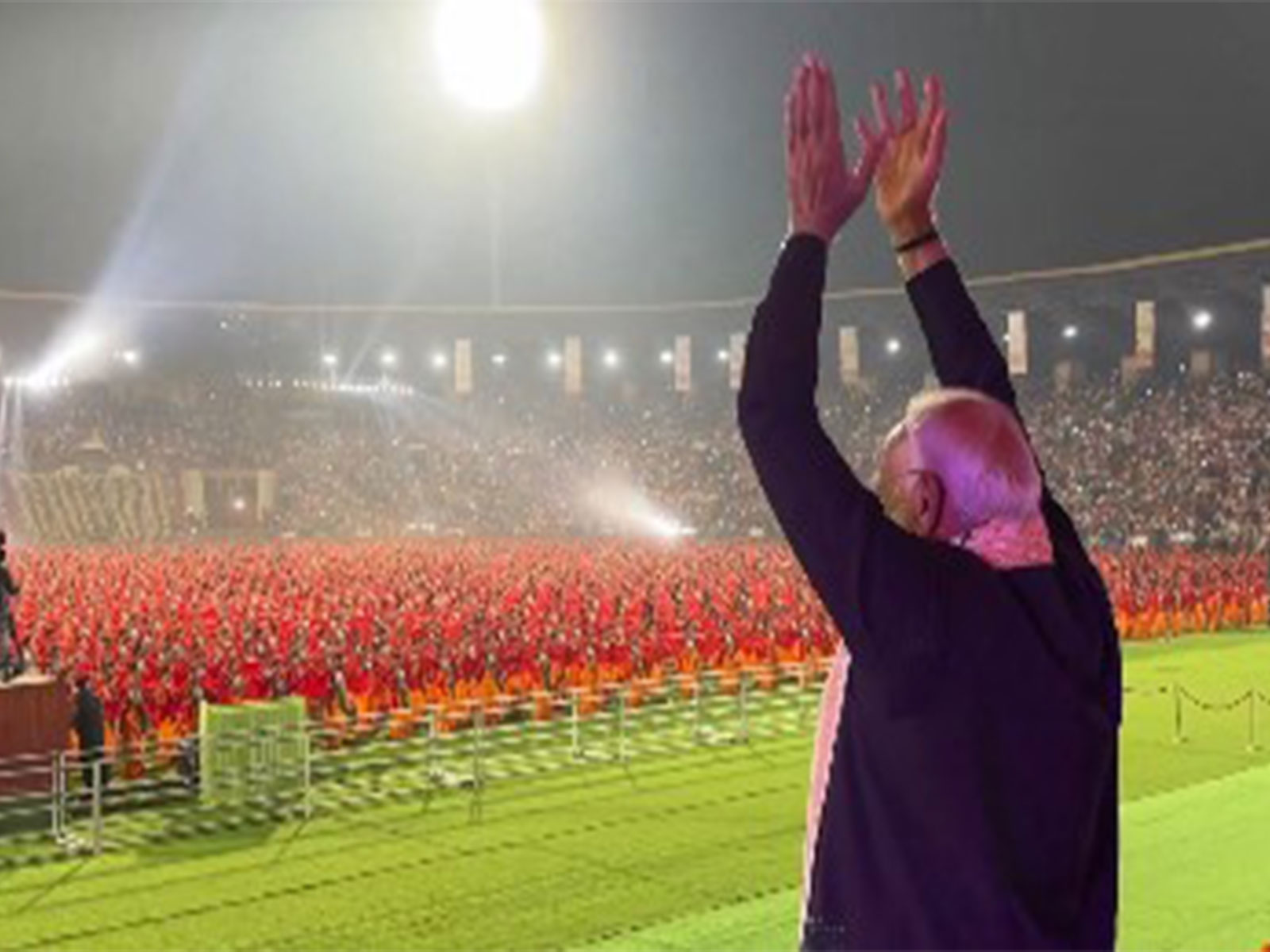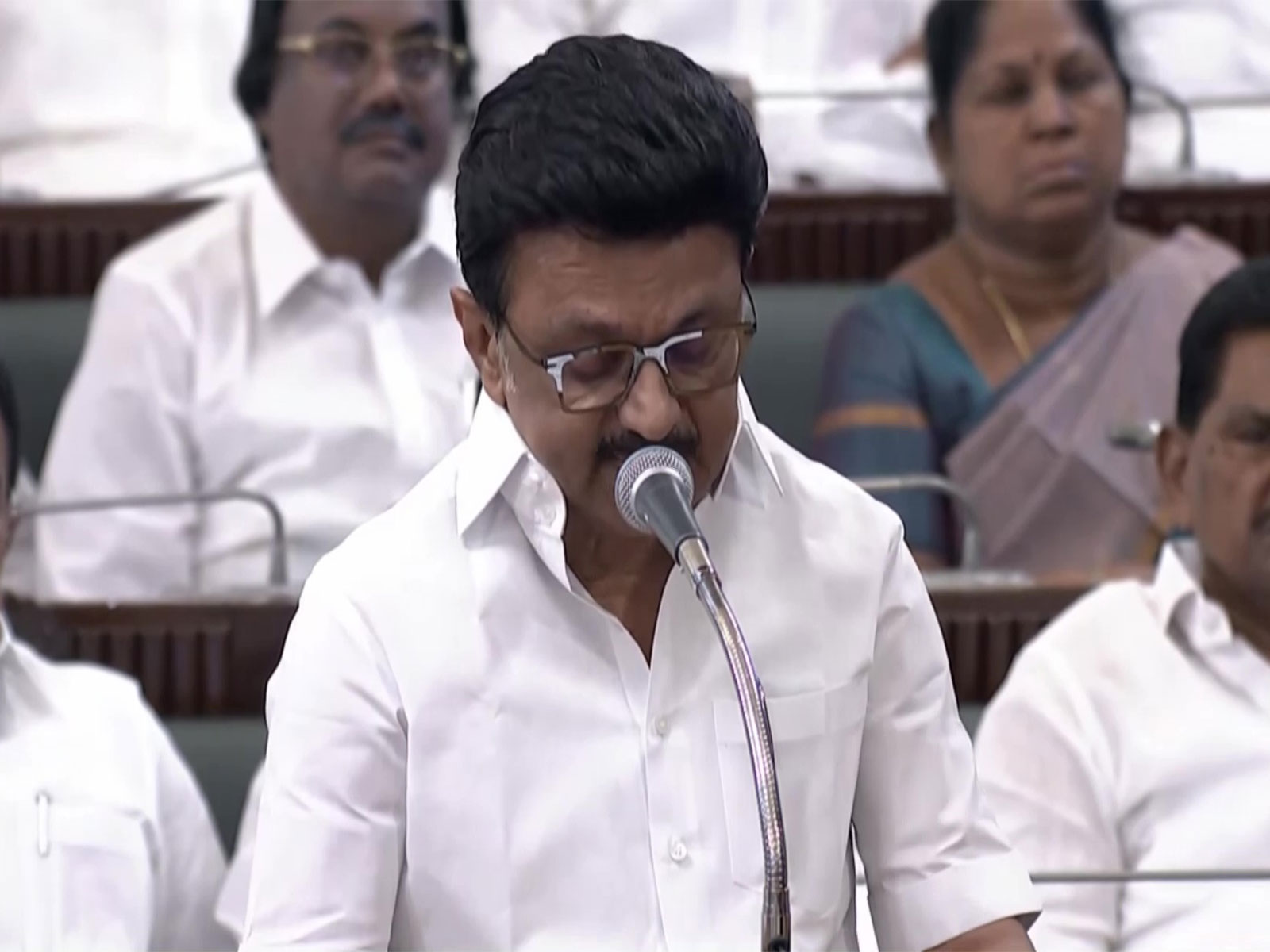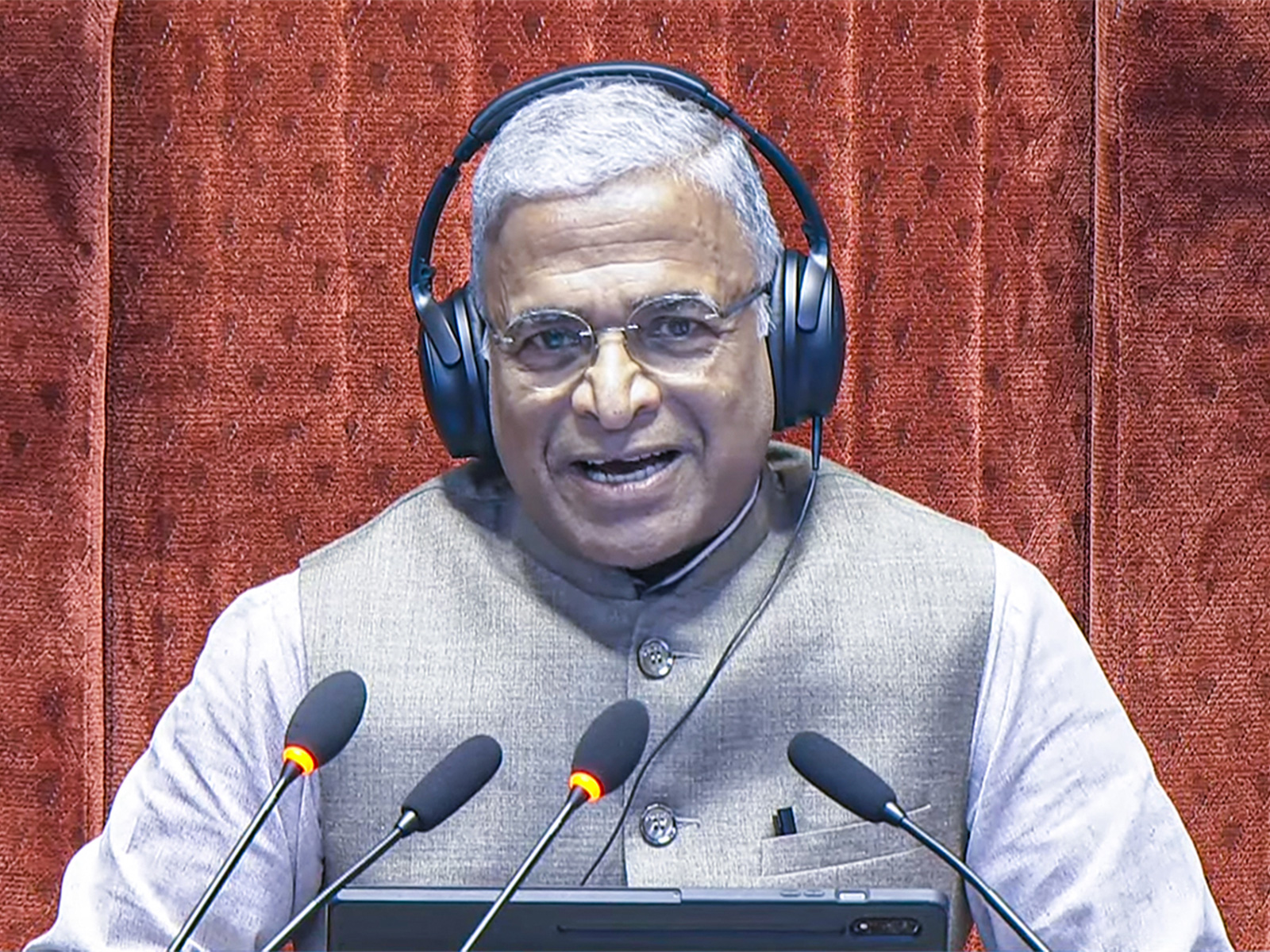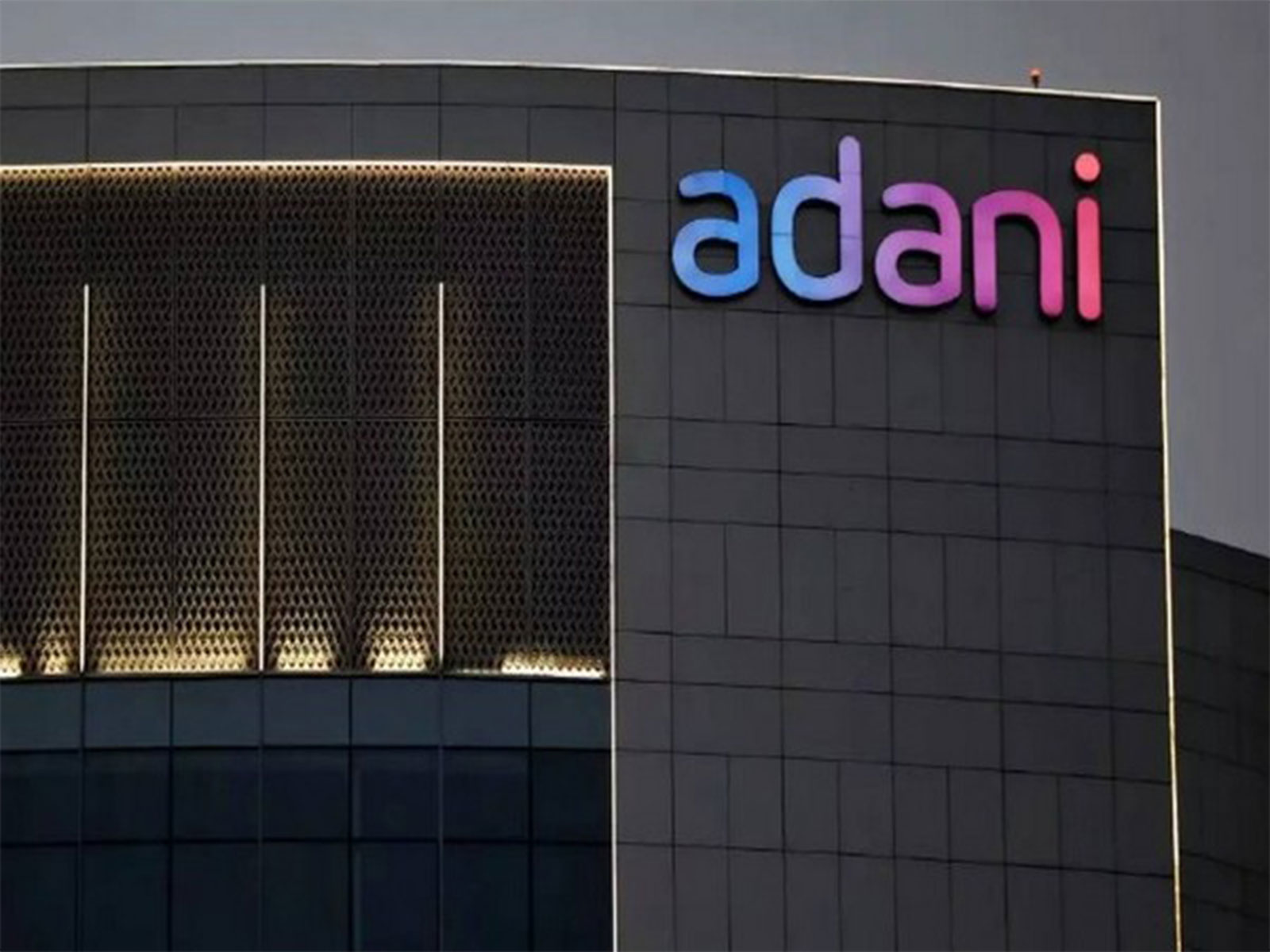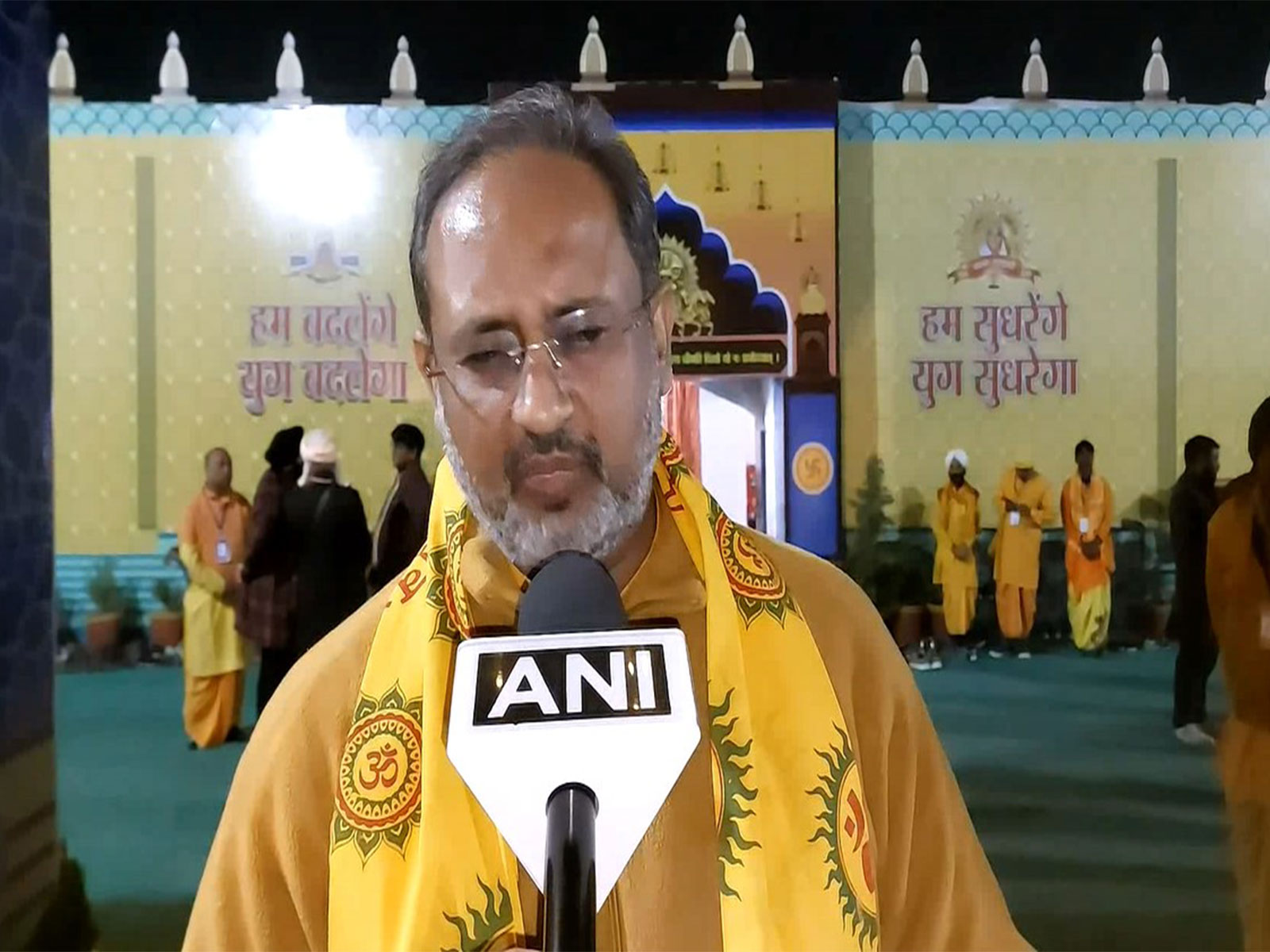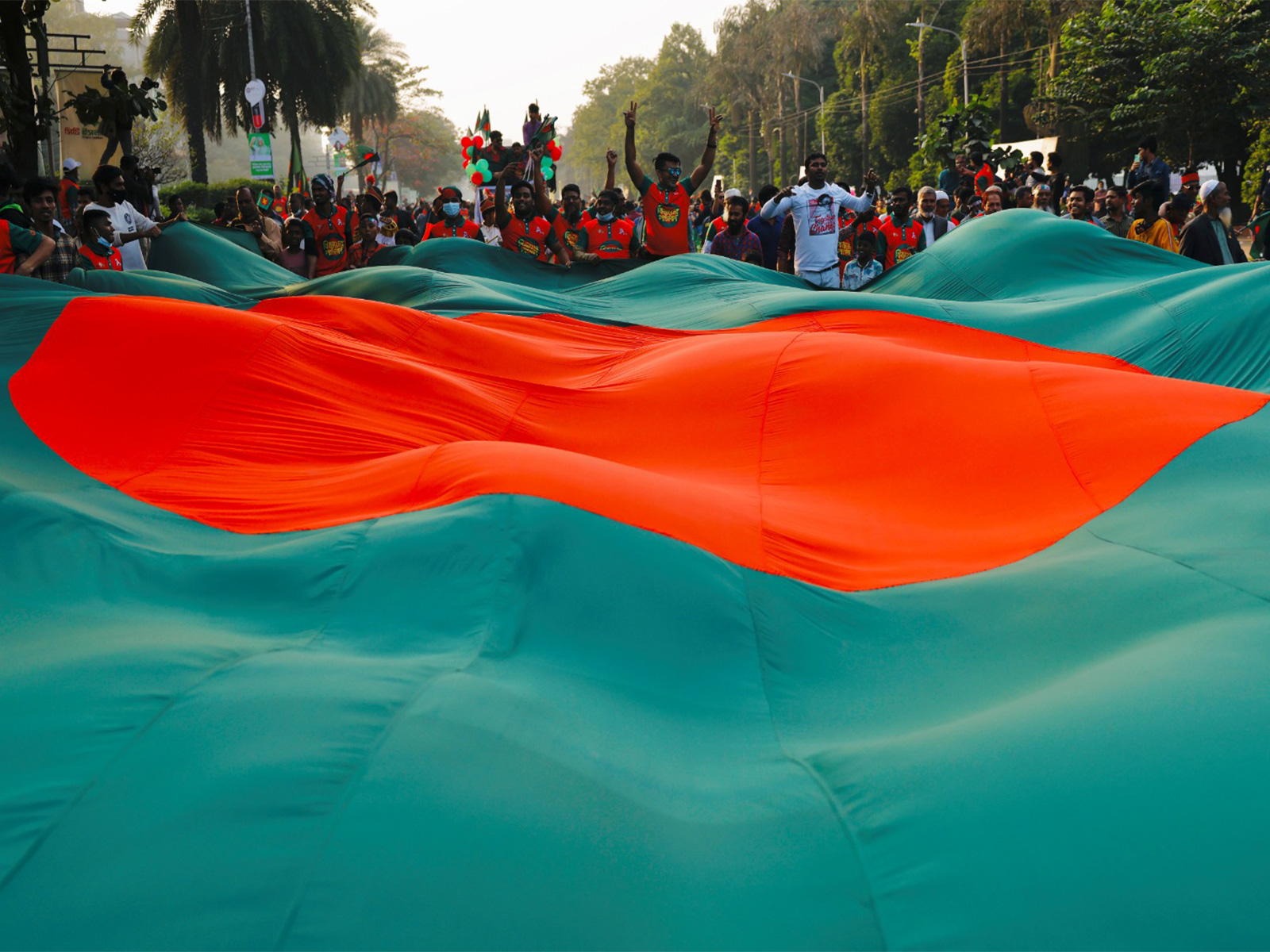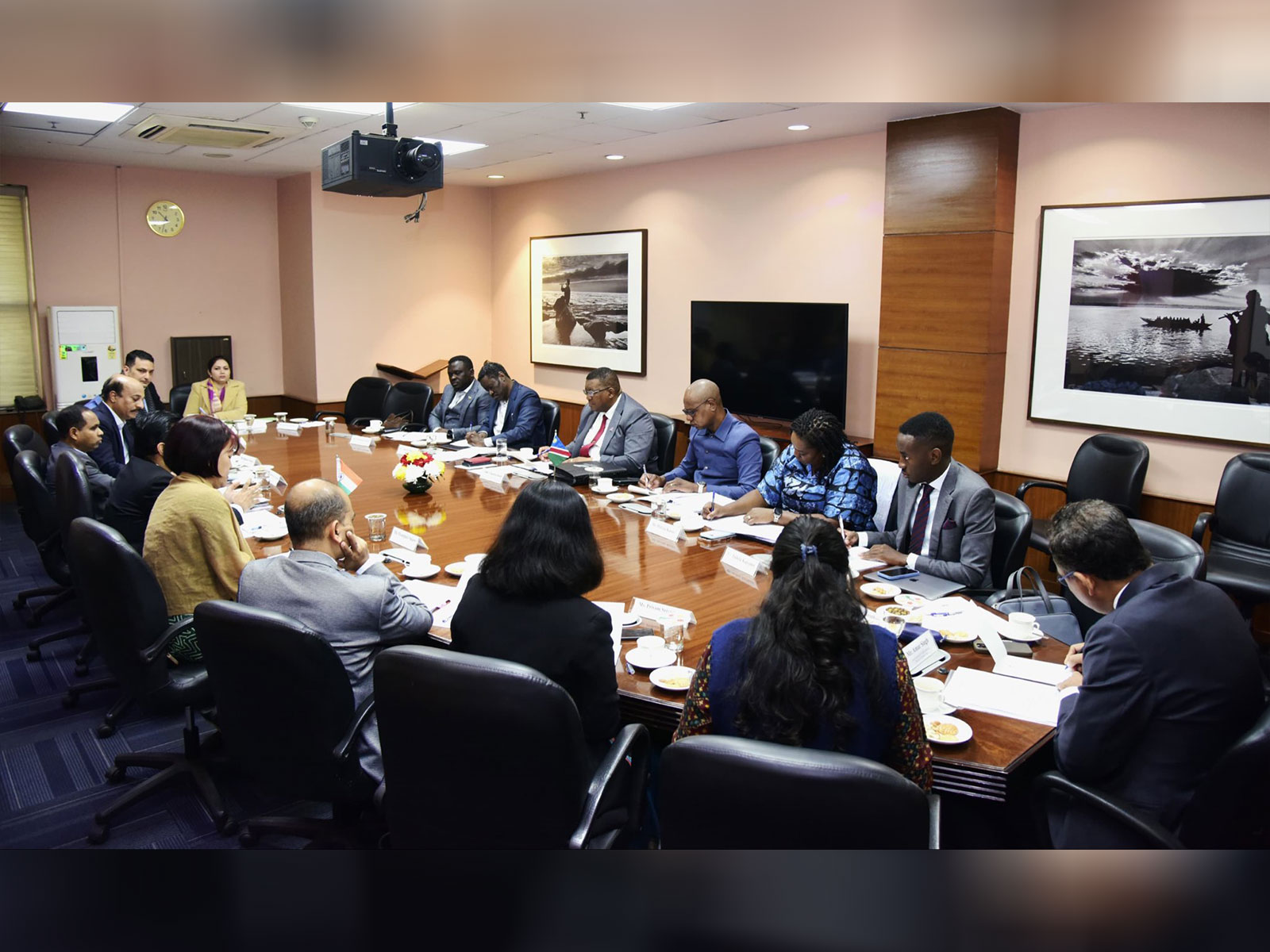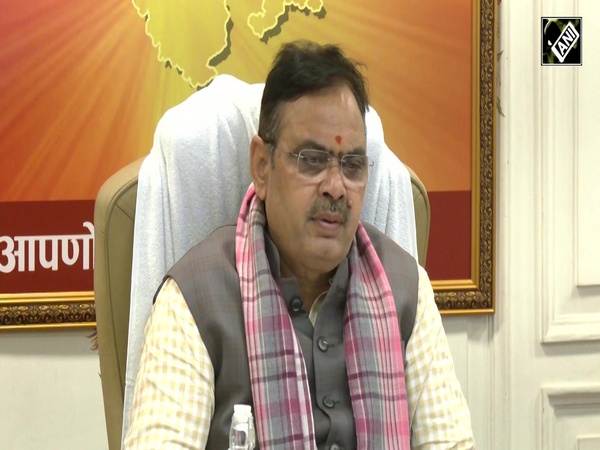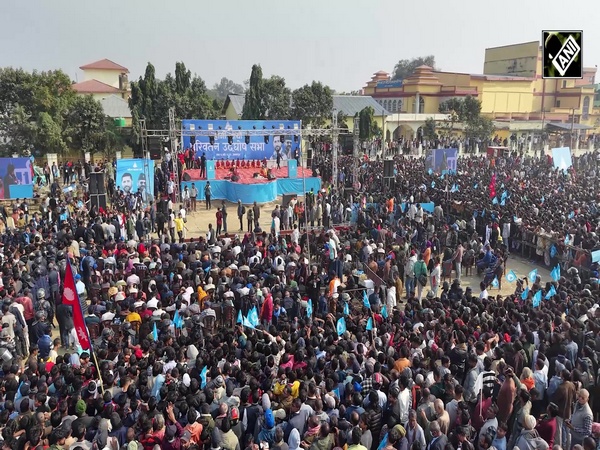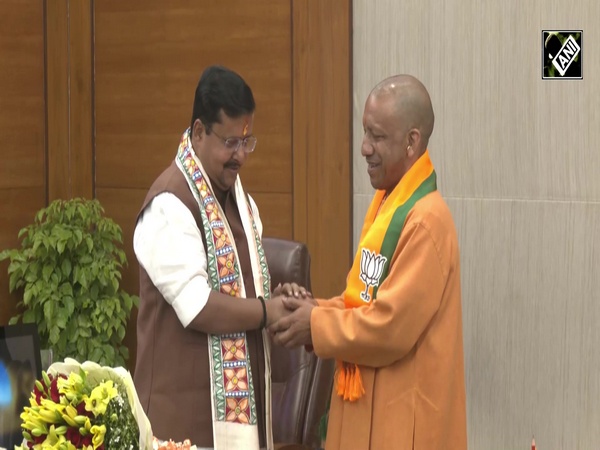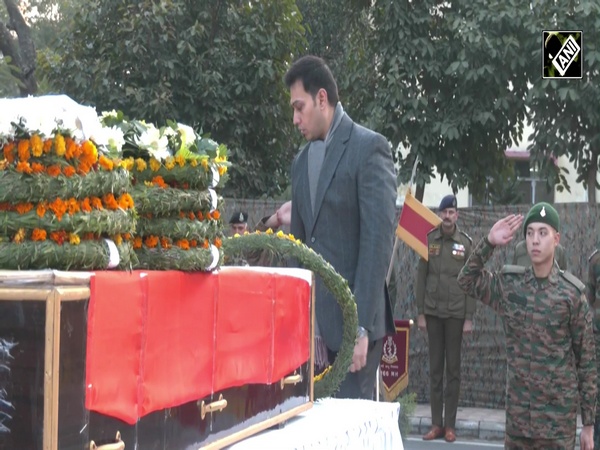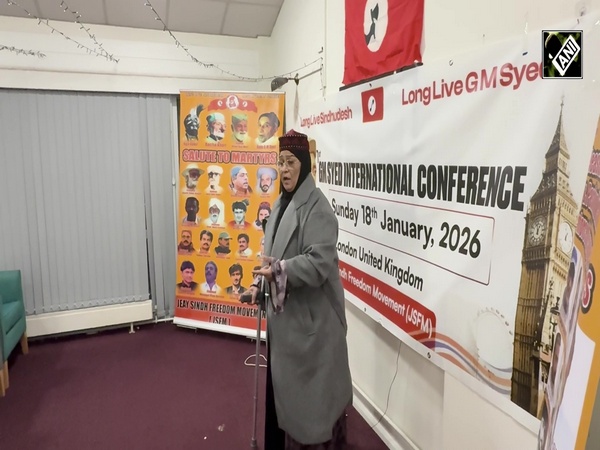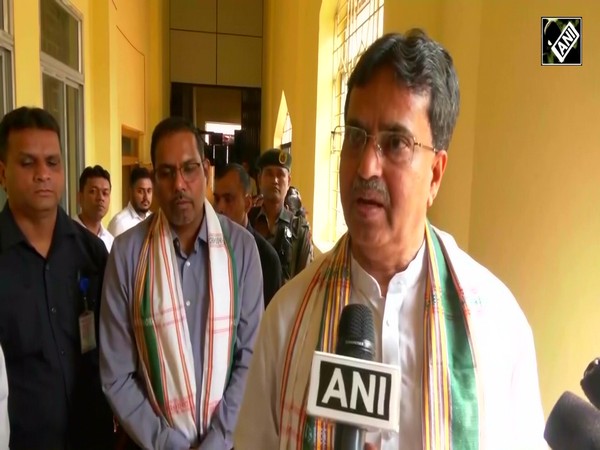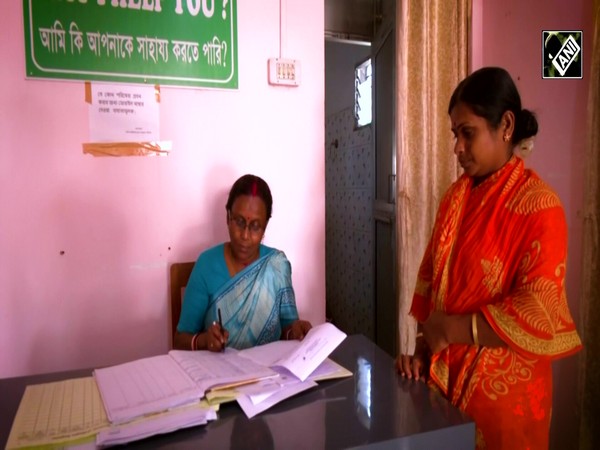Namami Gange organizes IDEAthon to explore how Covid crisis can shape future river management strategies
May 04, 2020

New Delhi [India], May 4 : The National Mission for Clean Ganga (NMCG) organised a short and intense brainstorming event to explore how the current Covid-19 crisis can shape river management strategies for the future.
The NMCG, under the Ministry of Jal Shakti and National Institute of Urban Affairs (NIUA), organized an IDEAthon on 'The future of River Management' on May 1. The event witnessed the participation of close to 500 expert panelists from different countries and international organizations.
"Dealing with the Covid-19 crisis has been a challenge for most countries across the globe which has witnessed some sort of lockdown in most of the places. While the general narrative around this crisis has been that of anxiety and concern, the crisis has also thrown up some positive developments. One of these is the visible improvement in the natural environment. Rivers have become cleaner. The air has become fresher. There has been a significant drop in GHG emissions. Animals and birds are returning to and enjoying their habitats," the ministry said in a statement.
Purely from a river management point of view, in India, there has been a noticeable improvement in the water quality of the Ganga and Yamuna in the last few weeks. During the last year or so, the Gangetic Dolphin, an indicator species, has been showing improvements with sightings at several stretches of the river. The sighting of this is more frequent during the lockdown in Ganga and its tributaries.
The only question is how much will change for a long time. The IDEAthon examined how the social angle of rivers can be leveraged on to address other crises. What lessons for river management has the pandemic taught us? And what response mechanisms are needed in the event of a river crisis?
National Mission for Clean Ganga had initiated this IDEAthon to garner more attention towards river management and also highlight the interconnectivity of cities with the River.
"A different perspective than traditional urban planning methods, the river cities need a special focus to capitalize on not only the socio-cultural significance of the river but also the ecological importance and economic potential which can help the city, if properly planned," the ministry said further.
